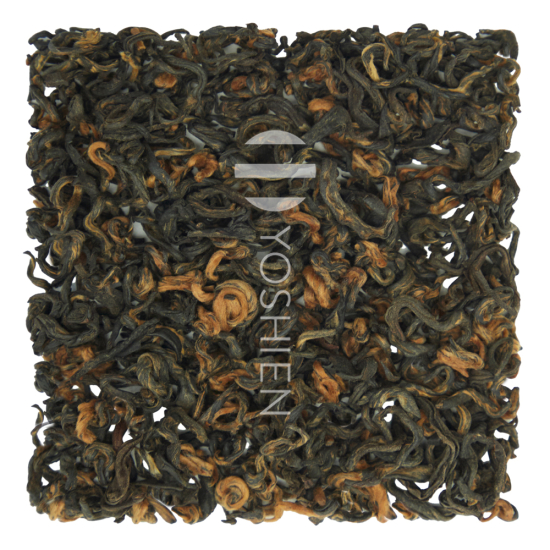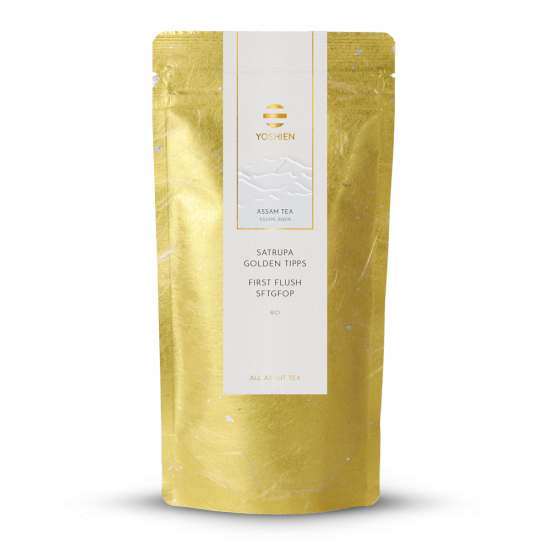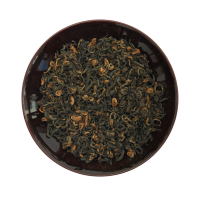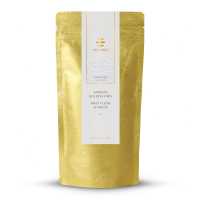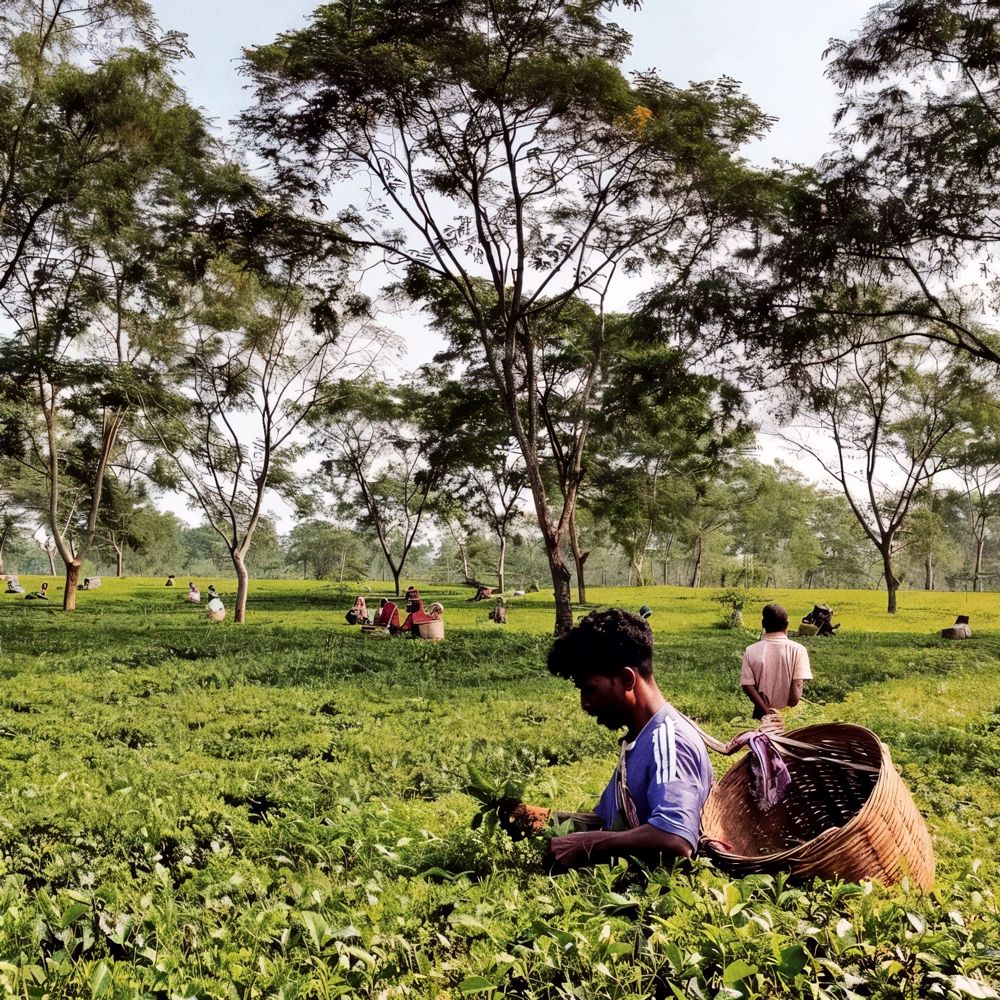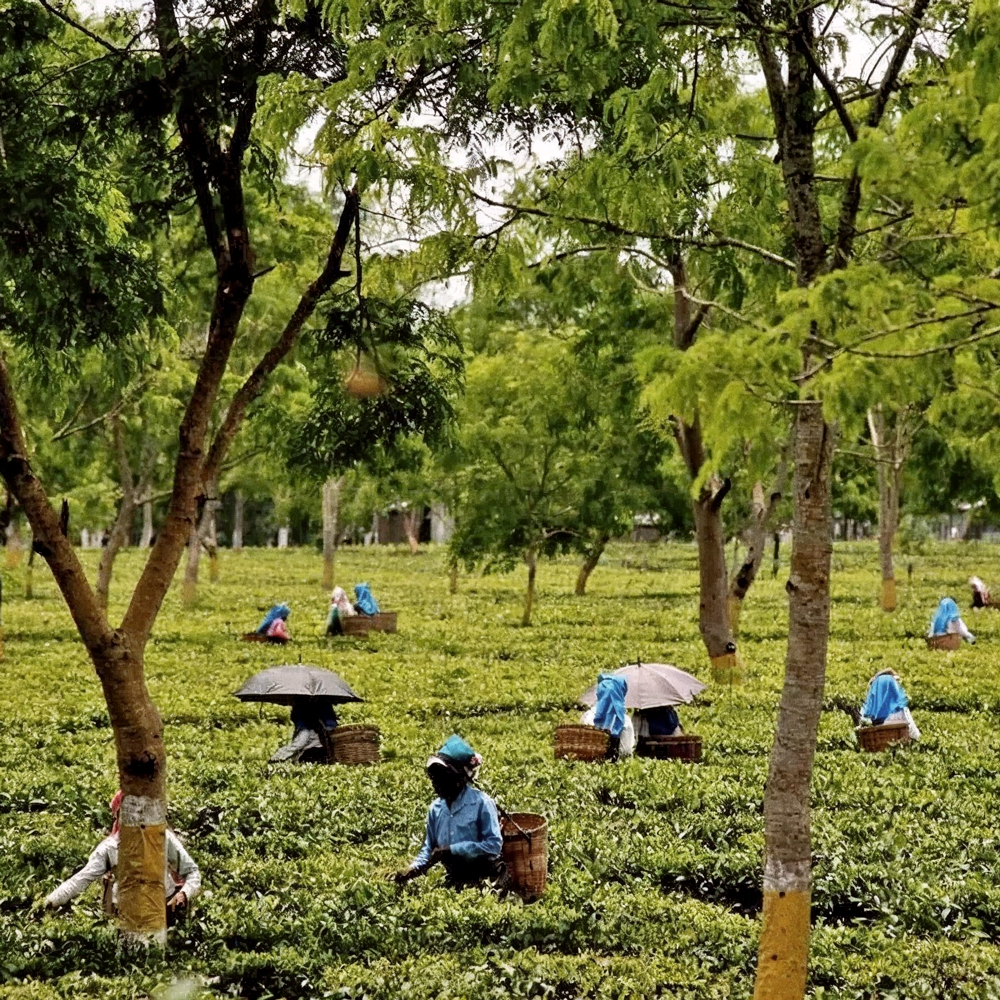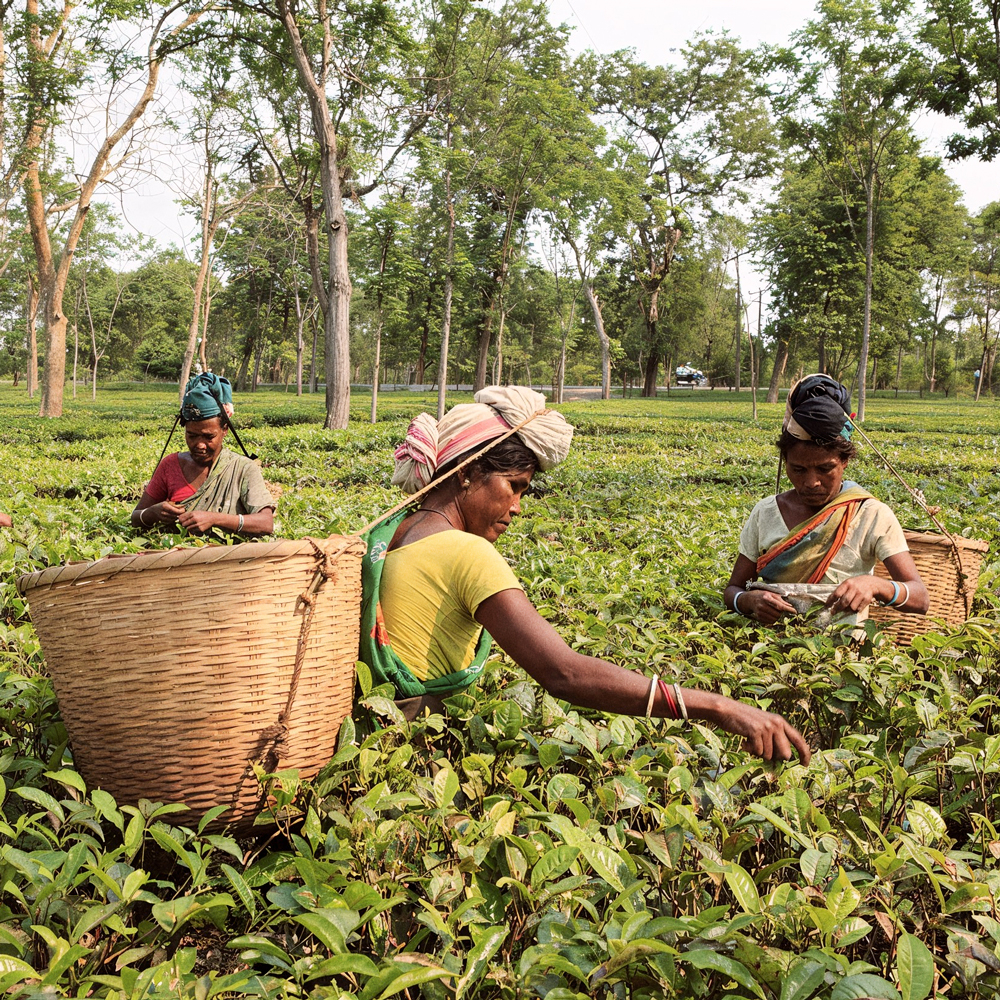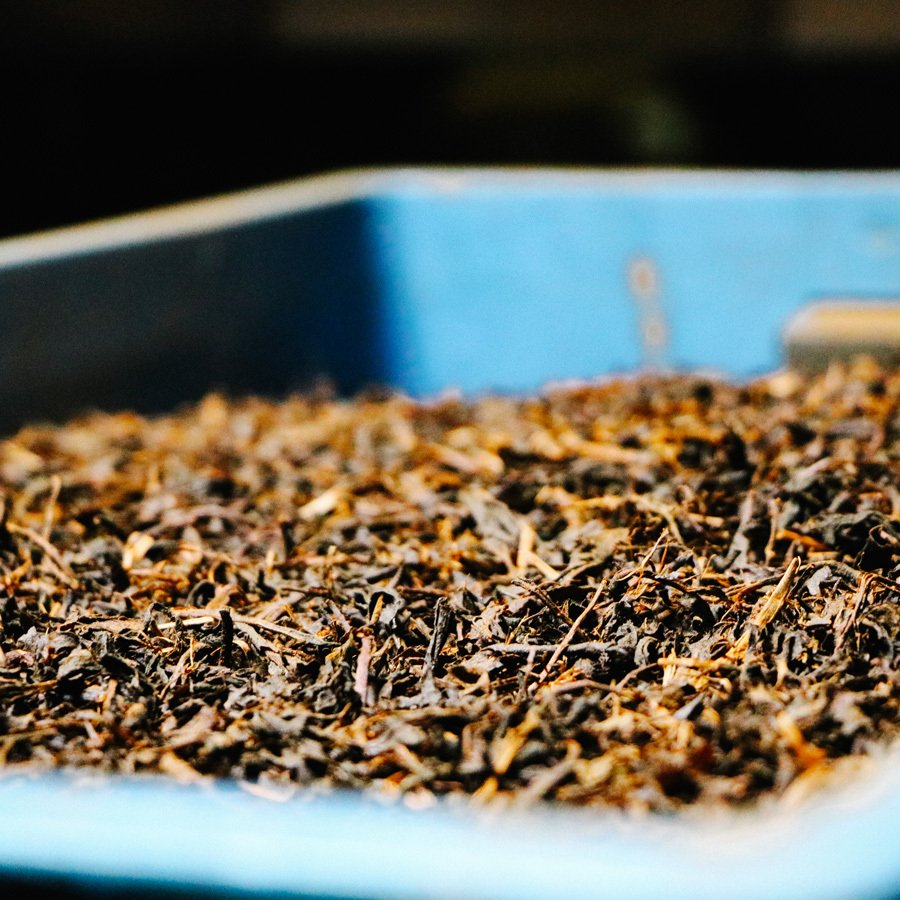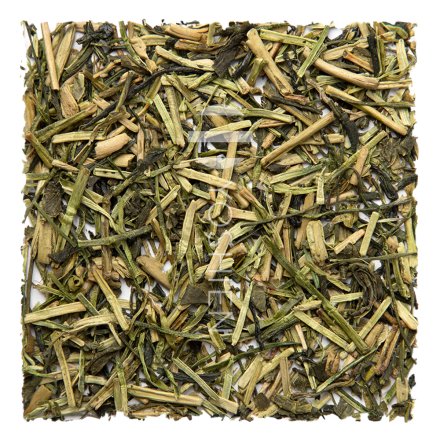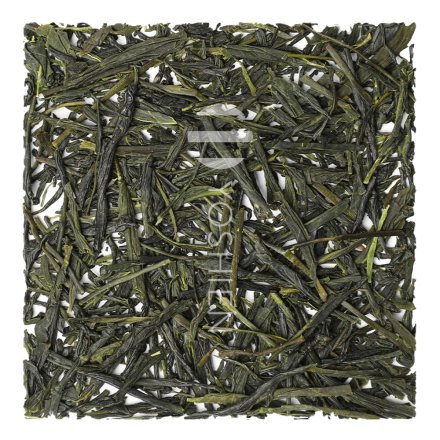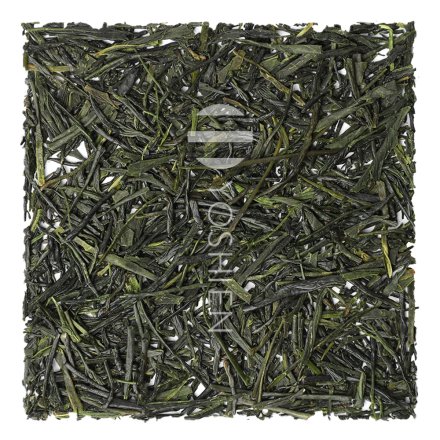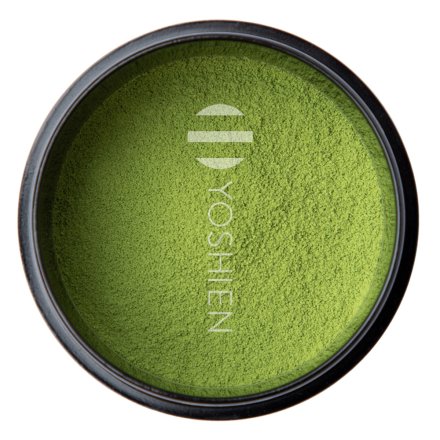Special features in location, cultivation and processing
Assam is a region in northeastern India which plays a crucial role in global tea production. The entire area stretches across a flat, fertile plain which is crossed by the mighty Brahmaputra River. The climate is tropical-monsoonal, with hot, humid summers and mild winters. The region receives substantial annual rainfall, averaging between 2,500 - 3,000mm, resulting in lush vegetation and dense rainforest areas.
The geographical features, combined with highly fertile soil, provide optimal conditions for tea cultivation. Tea plantations in Assam span thousands of hectares of land. Assam tea from organic farms dedicated to producing exceptionally high-quality teas, like this one, remains relatively rare but is gradually becoming more common. For tea production, Camellia Sinensis var. Assamica variety (named after its endemic origin) is used almost exclusively. This variety thrives in its natural environment and grows vigorously, allowing for harvests throughout the year.
This particular Assam sets new standards in selection and production, standing at the forefront of its genre. Unlike the usual “budsets” consisting of a bud and two subsequent leaves, only pure tea buds are processed here – an uncommon practice among Assam teas. Also noteworthy is the gentle, entirely manual rolling of the buds. This meticulous handcraft preserves the delicate structure and fine aromas of the tea, which are often lost in mechanical processes.
Another remarkable feature is the careful drying and withering, which partially takes place outdoors under the open sky – a method rarely used for Assam teas today. This slow, natural process contributes to its exceptional depth and complexity. The result is an Assam of extraordinary quality, reflecting the craftsmanship and dedication of its production in every cup.
Single Origin
This tea comes 100% from the above-mentioned tea fields of the Satrupa Estate in Assam.
Organic Certification




